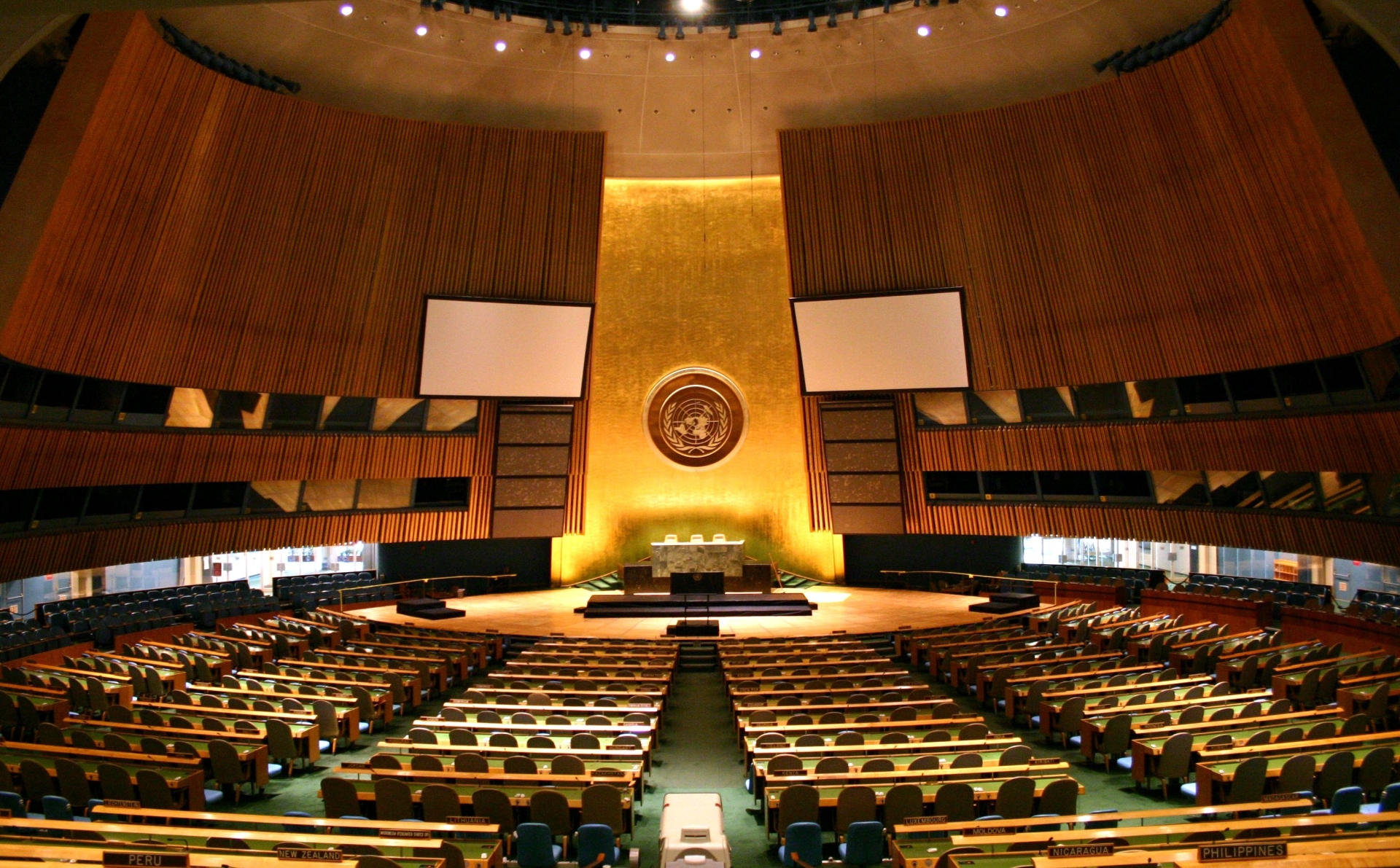Global Agenda
The United Nations (UN) plays a central role in the global fight against climate change and the pursuit of a net-zero carbon future. As an international organization comprising 193 member states, the UN provides the framework, platforms, and strategies to address the climate crisis on a global scale, emphasizing collaboration, equity, and sustainability.
What is Net-Zero and Why is it Important?
Residential Clean Energy Credit
Achieving net-zero greenhouse gas emissions means reducing emissions as much as possible and balancing any remaining emissions with actions like carbon sequestration. The goal of net-zero is crucial to limiting global temperature rise to 1.5°C above pre-industrial levels, as outlined in the Paris Agreement, thereby averting the worst impacts of climate change. The UN recognizes that achieving net-zero is not only an environmental necessity but also a pathway to sustainable economic growth, improved public health, and social equity.

Key United Nations Initiatives for Net-Zero
The Paris Agreement
- Limit global warming to well below 2°C, preferably 1.5°C.
- Submit and update Nationally Determined Contributions (NDCs) to achieve emission reduction targets.
- Strengthen adaptation measures to build resilience against climate impacts.
Race to Zero Campaign
Sustainable Development Goals (SDGs)
The Climate Ambition Summit
The United Nations (UN) Strategy
The United Nations (UN) is orchestrating a comprehensive strategy to achieve global net-zero greenhouse gas emissions, integrating organizational initiatives, financial mobilization, and rigorous monitoring mechanisms.
Organizational Initiatives
The UN has established several frameworks to galvanize collective action towards net-zero emissions:
- Net Zero Coalition: This alliance unites countries, cities, businesses, and institutions committed to achieving net-zero emissions. As of June 2024, 107 countries, accounting for approximately 82% of global greenhouse gas emissions, have adopted net-zero pledges through various formal commitments.
- Sectoral Pathways: The UN Environment Programme Finance Initiative (UNEP FI) collaborates with diverse stakeholders to develop sector-specific roadmaps, facilitating the transition to net-zero emissions across different industries.
Financial Mobilization
Recognizing the critical role of finance in combating climate change, the UN has initiated several financial mechanisms:
- Net-Zero Banking Alliance: Convened by UNEP FI, this alliance comprises leading global banks committed to aligning their lending and investment portfolios with net-zero emissions by 2050. The alliance provides a framework for setting and achieving science-based targets, promoting accountability within the financial sector.
- Climate Finance Initiatives: The UN facilitates financial flows addressing climate change causes and consequences, supporting both mitigation and adaptation efforts.
Monitoring and Accountability
To ensure transparency and integrity in net-zero commitments, the UN has implemented monitoring frameworks:
- High-Level Expert Group on Net-Zero Emissions Commitments: This group provides clarity on environmental integrity, credibility, and accountability of net-zero pledges, emphasizing the necessity to eliminate greenwashing.
- Tracking and Recognition Framework: The UNFCCC has developed this framework to recognize net-zero leadership and ensure greater accountability among non-state actors, including businesses and regional governments.
1. Policy Coordination
- Enhance Global NetZero Coalition
- Integrate Regional and Local Governance
- Collaborate with Innovators
2. Financing Mechanisms
- Establish a Global Green Fund+
- Facilitate Debt-for-Climate Swaps
- Unlock Private Sector Investments
3. Technology & Innovation
- Create a NetZero Technology Hub
- Enhance Research and Development
- Promote Accessible Solutions
4. Monitoring & Reporting
- NetZero Dashboard
- Independent Verification
- Public Recognition & Enforcement
5. Public Awareness
- NetZero Campaigns
- Encourage Responsible Consumption
- Leverage Digital Tools
IRABenefits.com: A Partner in the UN’s NetZero Mission
Organizations like IRABenefits.com are crucial to the UN’s NetZero agenda, providing tools and knowledge to turn global policies into actionable, local solutions. By leveraging tax incentives, businesses, and homeowners are guided toward sustainable energy transitions.
The United Nations serves as the global leader in achieving NetZero by 2050. With the collective will of nations, businesses, and individuals, this vision can be realized, ensuring a sustainable future for all.
